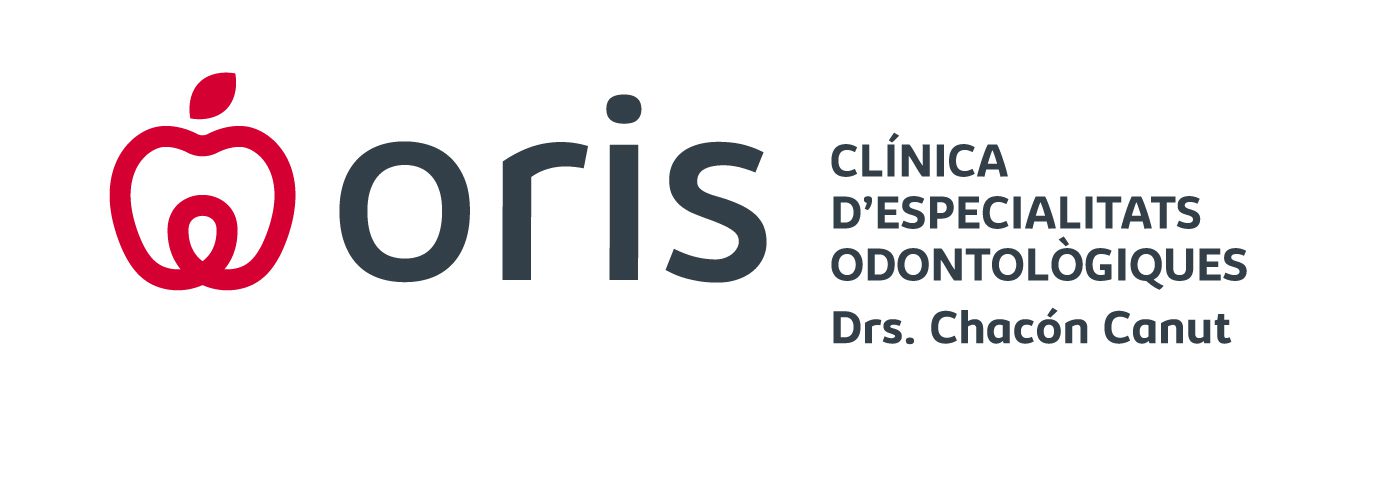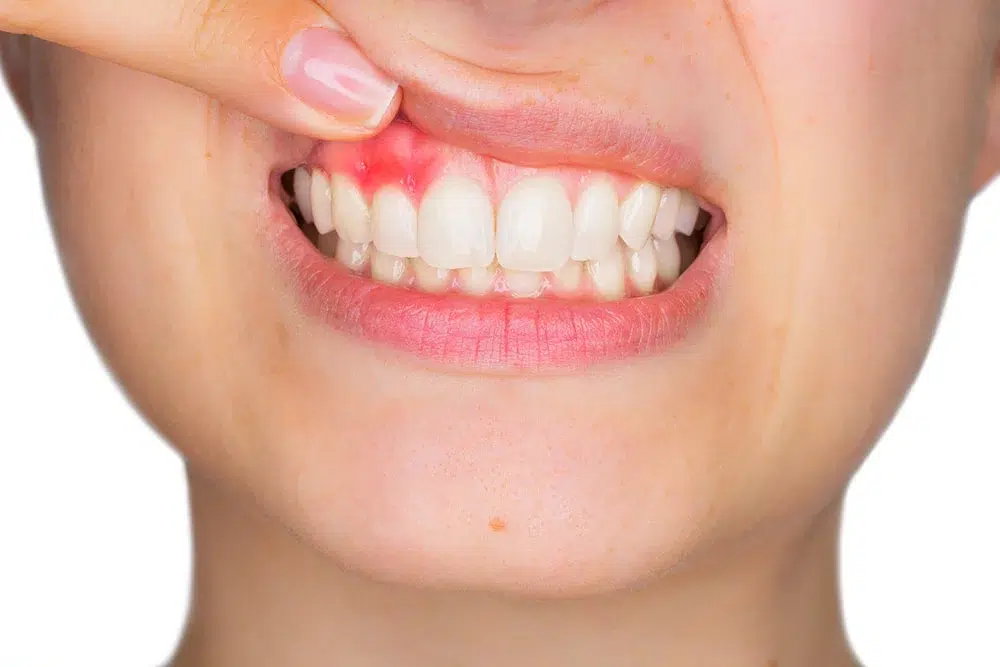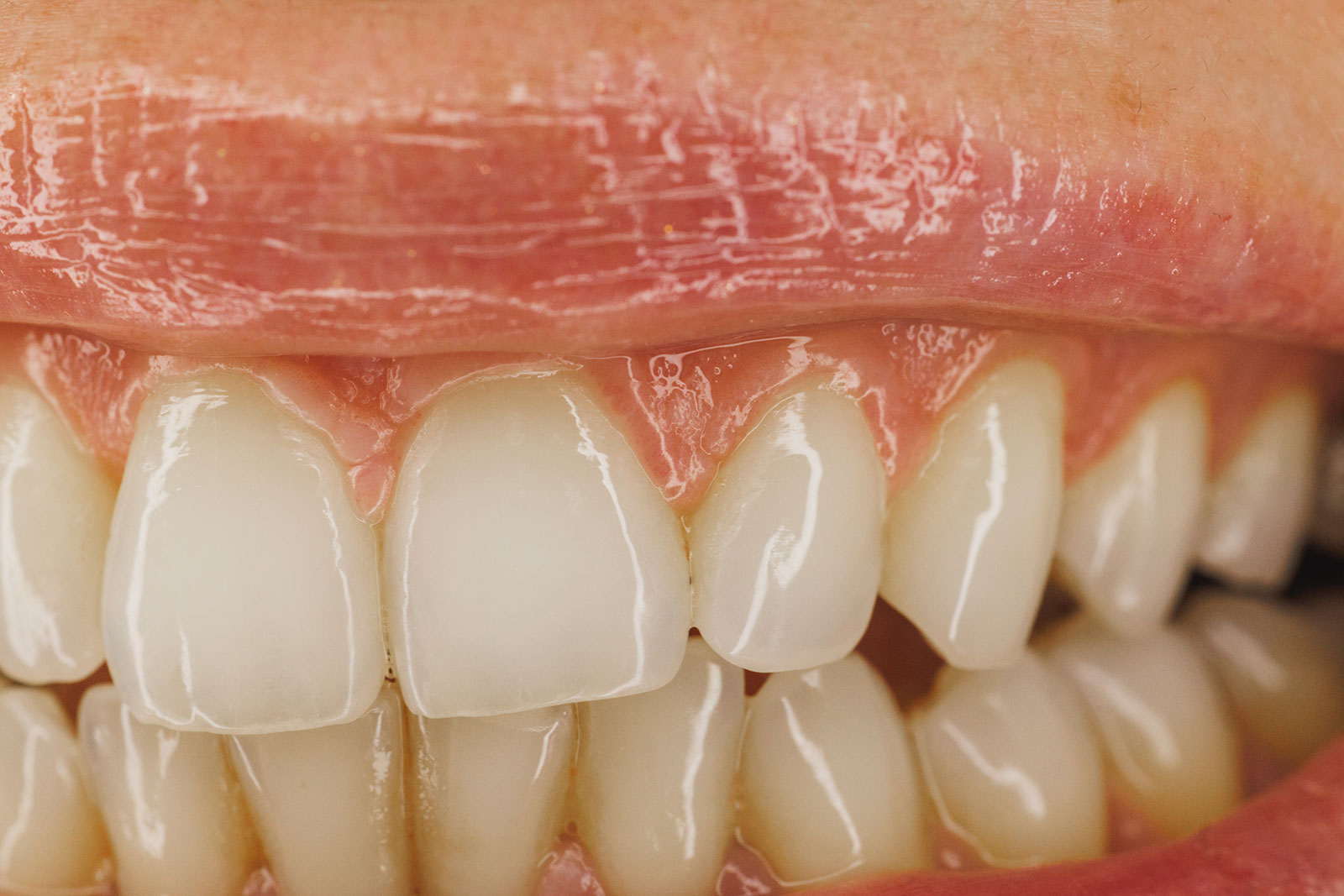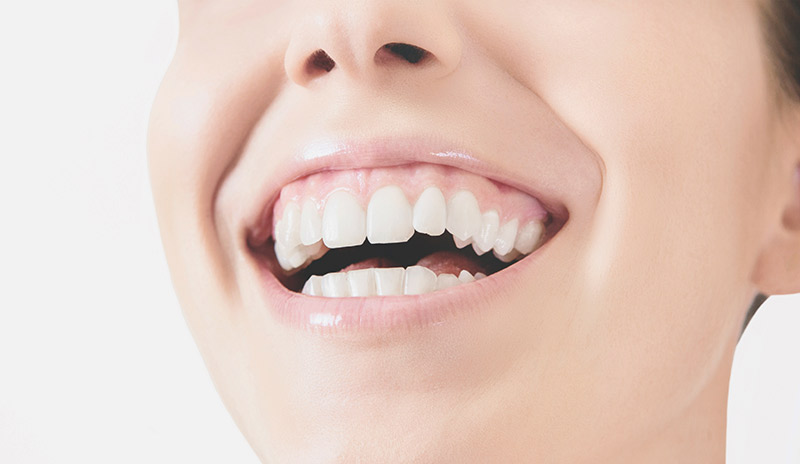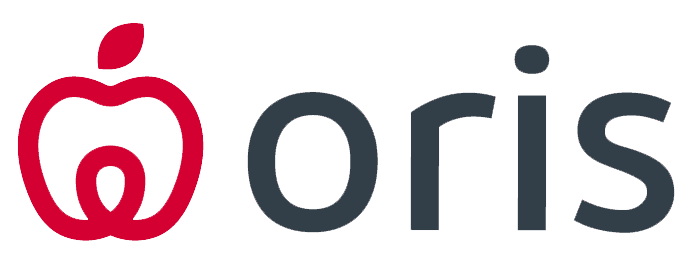Introduction:
In this blog, we will tell you everything you need to know about this essential procedure to maintain a healthy and problem-free mouth.
We will guide you through the different sections so you can thoroughly understand this process and its benefits.
What is a dental cleaning?
A dental cleaning, also known as dental prophylaxis, is a treatment performed by a dentist or specialized hygienist to remove accumulated plaque and tartar from the teeth and gums.
What are the benefits?
- Eliminates harmful bacteria: Prevents the appearance of cavities, gingivitis and periodontitis, diseases that can seriously affect the health of your mouth.
- Long lasting freshness: Fights bad breath and leaves your mouth with a long-lasting fresh feeling.
- Whiter teeth: Removes surface stains and helps your teeth look naturally white and bright.
- Early detection of problems: Allows identification of caries, gum disease and other abnormalities in their early stages, enabling timely treatment.
- Improves overall health: A healthy mouth not only positively impacts your self-esteem and social well-being, but also contributes to your overall health by reducing the risk of systemic diseases associated with chronic oral infections.
How is it done?
- Exhaustive oral examination: The dentist or hygienist will perform a thorough evaluation of your mouth, including teeth, gums and soft tissues, to identify possible problems or abnormalities.
This may include:- Visual inspection: Observation of teeth, gums and soft tissues for any signs of disease or damage.
- Probing: Use of a periodontal probe to measure the depth of periodontal pockets and detect the presence of periodontal disease.
- X-ray examination: Taking dental x-rays to evaluate the health of bones and dental roots.
- Removal of bacterial plaque and calculus: Ultrasonic or hand instruments are used to meticulously remove bacterial plaque and tartar from the visible surface of the teeth and in hard-to-reach areas, such as under the gingival margin.
- Ultrasound: High-frequency ultrasonic waves vibrate and break up bacterial plaque and tartar.
- Hand instruments: Use of scoops and curettes for hard-to-reach areas or finer finish.
- Scaling and root planing (if necessary): In case of periodontal disease, scaling and root planing is performed to remove bacterial plaque and calculus below the gingival margin and smooth the surface of the tooth roots.
- Dental polishing: Prophy paste and a rotating brush are used to remove surface stains and leave a smooth, shiny surface.
- Application of fluoride: To strengthen tooth enamel and prevent cavities, a highly concentrated fluoride gel or varnish is applied to the surface of the teeth.
- Personalized education and advice: The professional will provide you with guidance on brushing and flossing techniques, healthy eating habits and the importance of regular dental visits.
How often should I have my teeth cleaned?
A cleaning every 6 months is recommended as part of a complete oral care routine.
However, your dentist may recommend adjustments based on your individual needs, such as:
- History of periodontal disease: More frequent cleanings (every three to four months) to control the disease.
- High caries risk: More frequent cleanings to prevent new caries formation.
- Additional risk factors: Increased frequency in cases of smokers, diabetics or people with orthodontics.
What are the consequences of not having regular cleanings?
Neglecting this aspect of oral health can lead to:
- Accumulation of bacterial plaque and tartar: Which causes tooth decay, periodontal disease, bad breath and stains on teeth.
- Loss of dental esthetics: Dull and yellowish teeth.
- General health problems: Increased risk of heart disease, stroke, diabetes and problems during pregnancy.
How much does a dental cleaning cost?
The price varies according to factors such as geographic location, experience of the professional, complexity of the procedure and technology used.
In Spain, prices range from €30 to €100.
Consult your dental clinic for a personalized quote.
Recommendations for before, during and after the procedure
- Before:
- Inform your dentist about your medical and dental history.
- Do not smoke or consume alcohol 24 hours before.
- Brush and floss as usual.
- During:
- Relax and cooperate with the professional.
- Ask questions if you have doubts or concerns.
- Afterwards:
- Follow the dentist’s instructions on post-procedure care.
- Avoid hard or acidic foods and drinks for the first 24 hours.
- Rinse your mouth with warm salt water to relieve swelling.
- Use a cold compress if you experience swelling or pain.
- Visit your dentist regularly for checkups and cleanings.
Frequently asked questions about dental cleaning
- Does it hurt during dental cleaning? Most people do not feel pain during a dental cleaning.
However, if you have sensitive gums or some inflammation, you may feel some discomfort.
The dentist can use local anesthesia if necessary. - How long does a dental cleaning last? A typical cleaning takes 30 to 60 minutes, depending on the amount of plaque and tartar that needs to be removed.
- Can I eat after a dental cleaning? It is advisable to wait at least 30 minutes before eating or drinking, especially if fluoride has been applied.
- How often should I have my teeth cleaned? A dental cleaning is recommended every 6 months as part of a complete oral care routine.
Your dentist can adjust this frequency according to your individual needs. - What if I have bleeding gums during dental cleaning? Slight bleeding may be normal, especially if you have gingivitis or periodontal disease.
If bleeding is excessive, consult your dentist. - Do I need a dental cleaning if I brush and floss regularly? Yes, professional teeth cleaning removes plaque and tartar that cannot be removed by brushing and flossing at home.
- What is scaling and root planing? It is a procedure performed during a deep dental cleaning to remove plaque and tartar from under the gum line and smooth the roots of the teeth.
- Are there any side effects after a dental cleaning? You may experience tooth sensitivity or irritated gums, but these effects are usually temporary and mild.
- Can teeth cleaning whiten my teeth? Teeth cleaning removes surface stains and can make your teeth appear whiter, but it does not have the same effect as professional teeth whitening.
- What is dental polishing? Tooth polishing is a part of dental cleaning that uses a special paste and a rotating brush to remove stains and leave the surface of the teeth smooth and shiny.
- Can I have my teeth cleaned if I have braces? Yes, dental cleanings are even more important if you have braces, as they help prevent plaque and tartar buildup around orthodontic appliances.
- Is dental cleaning safe during pregnancy? Yes, teeth cleaning is safe and recommended during pregnancy.
Maintaining good oral health is especially important during this period.
Conclusions
A dental cleaning is crucial to maintaining a healthy, problem-free mouth.
It is an investment in your oral health and overall well-being.
Consult your dentist if you have any questions or concerns about dental cleanings.
Invitation: If you are in the Barcelona area or province, you can come and visit us at. Oris Dental Clinic.
Nosotros nos encargaremos de todo.
Artículos relacionados
Comprehensive oral health
Comprehensive oral health, Restorative dentistry
Aesthetic dentistry, Comprehensive oral health
